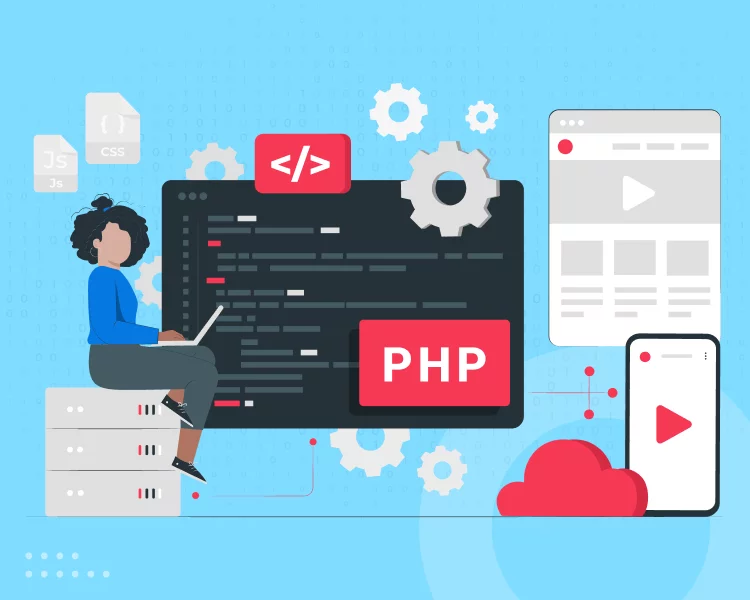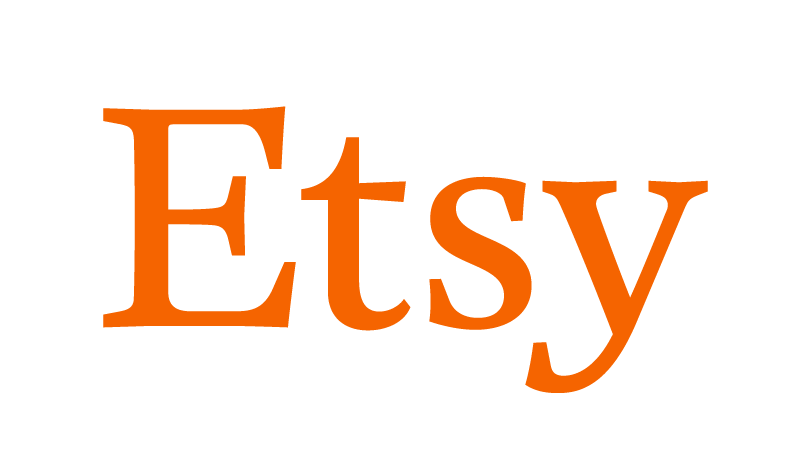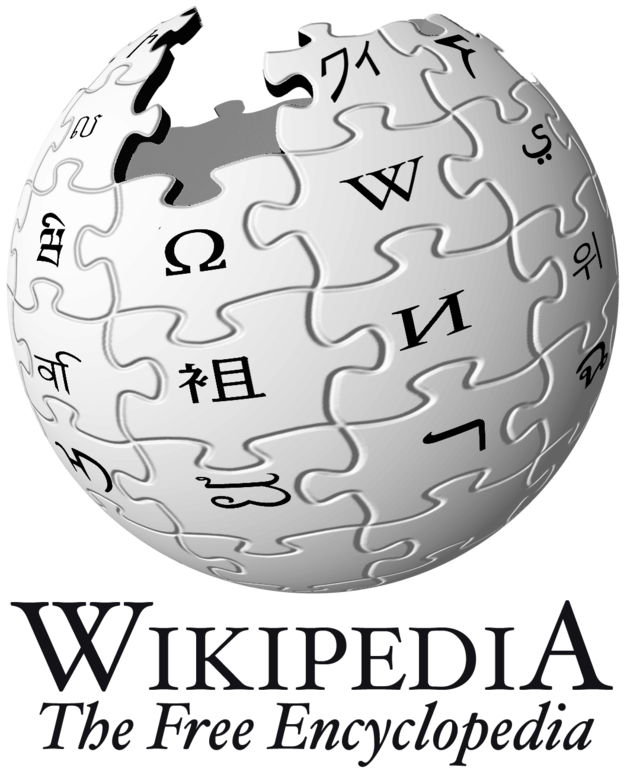PHP, created by Rasmus Lerdorf in 1994, emerged as a dynamic server-side scripting language designed for web development. Named initially as “Personal Home Page,” PHP has since evolved into the “Hypertext Preprocessor,” reflecting its role in generating HTML content. Renowned for its simplicity, PHP quickly gained traction among developers for its ease of learning and deployment.
- PHP stands out as an open-source, versatile, and interpreted language, offering a robust framework for building dynamic websites and web applications. Its intuitive syntax and seamless integration with HTML streamline the development process, enabling rapid prototyping and efficient coding practices.
- Driven by a vibrant community and extensive documentation, PHP boasts an extensive library ecosystem, empowering developers with a wide range of functionalities for diverse project requirements. From content management systems to e-commerce platforms, PHP serves as a cornerstone for powering dynamic web experiences across the internet.

Unveiling the Significance and Benefits of PHP
PHP's simplicity makes it accessible even to beginners with minimal programming experience. Its straightforward syntax allows for the quick development of web pages with just a single PHP file.
01
With a syntax reminiscent of C and Perl, PHP feels familiar to programmers, easing the learning curve and making coding comfortable and intuitive.
02
Being open source, PHP comes at no cost, providing developers with all its components for free. Additionally, the supportive PHP community offers excellent technical assistance.
03
PHP's user-friendly nature and flexibility surpass those of languages like C, C++, and ASP, making it the top choice for developing complex, dynamic, and user-friendly web applications.
04
PHP seamlessly integrates with leading databases such as MySQL, SQLite, and ODBC, offering developers unparalleled flexibility in database management.
05
PHP's versatility and efficiency contribute to its effectiveness in coding and web application development, ensuring reliability and speed in serving web pages.
06
Unleashing PHP's Power: From Web Development to Social Media
Web Development
PHP’s versatility shines in crafting dynamic web pages and applications, seamlessly integrating with browsers, servers, and databases for efficient online interactions.
01
Content Management
02
Ecommerce Solutions
03
GUI Applications
04
Compelling Statistics: PHP's Impact in Numbers
PHP powers
of known websites employing server-side programming languages, highlighting its widespread usage and dominance in the web development landscape.
With millions of websites utilizing PHP, approximately
million are currently live, while a staggering 54 million have utilized PHP at some point in their lifecycle.
PHP version 7.4 holds the mantle as the most popular iteration, with a significant
share among all PHP-powered websites.
PHP's market share stands at an impressive
consolidating its position as a leading programming language in the global tech industry.
The combination of Nginx and Apache serves as the preferred hosting environment for
of all PHP websites, with Nginx accounting for 34.3% and Apache close behind at 31.7%.
The lucrative career prospects in PHP development are evident, with PHP developers commanding an average annual salary of
Moreover, Google's PHP developer positions offer even higher remuneration, with salaries reaching nearly $200,000 annually.
PHP Empowering Industry Titans

WordPress

Etsy

MailChimp

Slack
Tumblr

Wikipedia
Related Technologies
Lorem ipsum dolor sit amet, consectetur adipiscing elit. Ut elit tellus, luctus nec ullamcorper mattis, pulvinar dapibus leo.
Angular
HTML5
MongoDB
Laravel
Node
React
PHP
Magento
ShivCrew follows the PHP Standards Recommendations (PSRs) and adheres to best practices outlined in the "PHP: The Right Way" and "PHP Coding Standards" guides. Our team stays updated with the latest PHP developments, ensuring efficient and future-proof solutions. Partnering with ShivCrew offers:
Proficiency in PHP data analysis libraries (Math, Stats) for data-driven insights, enabling efficient data manipulation, numerical computing, and statistical analysis.
Why Choose ShivCrew for PHP Projects
Experience with PHP-based machine learning libraries (Rubix ML, PHP-ML) for AI/ML solutions, including supervised and unsupervised learning algorithms, and predictive modeling.
Adherence to PHP coding standards and best practices, such as PSR-1, PSR-12 style guides, docblock conventions, and unit testing, ensuring maintainable, secure, and efficient code.
Experience with PHP-based machine learning libraries (Rubix ML, PHP-ML) for AI/ML solutions, including supervised and unsupervised learning algorithms, and predictive modeling.
Proficiency in PHP data analysis libraries (Math, Stats) for data-driven insights, enabling efficient data manipulation, numerical computing, and statistical analysis.
S
Website
Software Company
S
Website
Software Company
S
Website
Software Company
S
Website
Software Company
S
Website
Software Company
S
Website
Software Company
S
Website
Software Company
S
Website
Software Company

